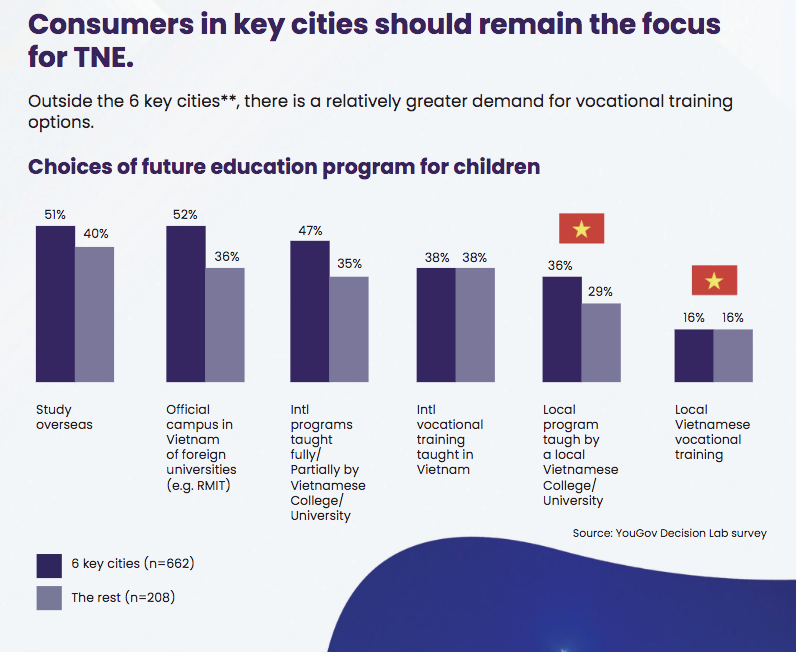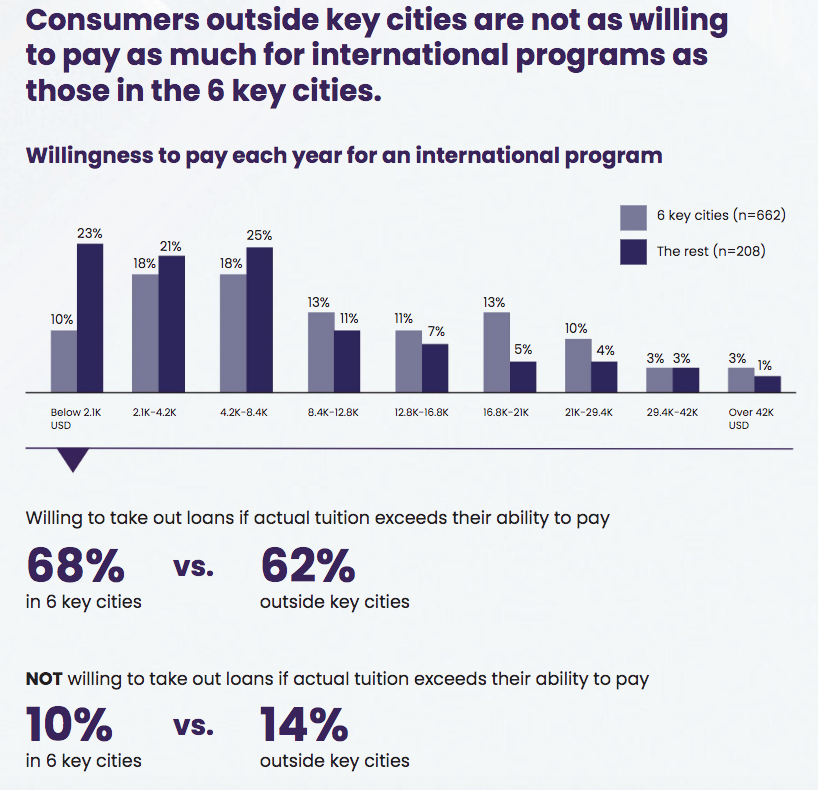Lou McLaughlin, Eaquals
It’s been over five years since Lou McLaughlin took the helm of Eaquals – and while she’s certainly now settled in the job, it’s fair to say she’s not settling when it comes to improvements in her sector.
“What I am trying to work very much towards in the last couple of years is that it’s language teaching and training – it’s not just English language teaching,” McLaughlin points out.
“Our working language is English, but the majority do teach English with other languages as well,” she continues.
That’s why Eaquals’s raft of policies are now translated into 14 European languages.
Eaquals is an accreditation body that holds a standard for international language schools across the continent. And its members constantly strive for a strict standard of quality.
“Because we’re international and global, it’s much easier then to be able to actually have that benchmark and comparison irrespective of your base.
“Especially now, irrespective of where you are within the sector – our membership is made up of the higher education and the language schools and the K12 and now online providers as well. We all answer to the same standards, so it makes the conversations much easier,” McLaughlin explains.
She refers to the membership growth that the organisation has seen in recent years. Having celebrated the group’s 30th anniversary in 2021, Eaquals continues to build on its membership demographic.
“It was an experience to try and find how we could help the members in different way”
“Higher education has definitely been a growth area. For example, we’re now at about 21-22% of our membership being in higher education – once we started looking at that, we adjusted the inspection scheme.
“So now our scheme is actually three inspection schemes under the accreditation umbrella – the inspection scheme v7.2, the inspection scheme for HEIs and the inspection scheme for online providers, as a result of everyone moving online and the pandemic,” she recounts.
Eaquals members have lauded the approach the directorate took to the pandemic – the organisation’s immediate shift to responding to online-related needs, as well as online inspections and tailored conversations with each and every member – a large figure which, at the time of writing, stands at 130.
“It was an experience to try and find how we could help the members in different ways. What was really essential was providing training, as in, ‘this is how you deliver online’. It seems strange to say it now,” she muses.
Between the setup of a plurilingual webinar series fuelled by members’ suggestions – which still runs to this day – Q&A sessions and getting members within a country to meetups, there was an understanding, McLaughlin says, that everybody was having a different experience – something the organisation did not take lightly.
McLaughlin’s own experience of running things with a fresh outlook stemmed from her time creating what is now the central base for Irish ELT providers – ELT Ireland.
After running a language school in Spain, McLaughlin returned to Ireland, where she eventually created the association – something, she says, gave her the experience for her Eaquals position.
“[ELT Ireland] was striving to make sure there was an actual network for people – they just weren’t getting it in Ireland. At the time, the goal was to begin looking outward, and starting to network and then getting people talking about best practice.”
It seems it was always in the cards that language schools would be in McLaughlin’s outlook. Her whole career, she has been in a language school in some capacity – first, as a teacher, then as the head of a language school in Spain – now, overseeing a network of quality-assured language schools keeps her on that trajectory.
“With Eaquals it’s not just the very high quality, but also the support of that high quality. For me there’s a big difference. It’s not just, ‘this is how you do it’. It’s more working with the school towards what we think would work in their context, and then there’s the ‘here’s how to do it’.
“I just really like that practical digest approach,” she adds.
“In terms of post-pandemic study travel, we’re still getting there”
In terms of what’s next for Eaquals, McLaughlin continues to strive for more.
“We needed to have a scheme for online providers because looking ahead, some are going to stay online – not everybody, but some will, and so we wanted to be able to provide that,” she says, which is now operational.
As membership continues to swell post-pandemic, she is optimistic for what’s ahead.
“In terms of post-pandemic study travel, we’re still recovering, but I would say it’s actually quite exciting to think that going into 2023, things should start properly falling into place.”
The post Lou McLaughlin, Eaquals appeared first on The PIE News.


 Princewill Attai, senior consultant AECC, offers suggestions to students from the sub-Saharan region to help increase their chances of a straightforward visa process ending in approval. He advises students to seek as many scholarships or tuition discounts as possible.
Princewill Attai, senior consultant AECC, offers suggestions to students from the sub-Saharan region to help increase their chances of a straightforward visa process ending in approval. He advises students to seek as many scholarships or tuition discounts as possible.
